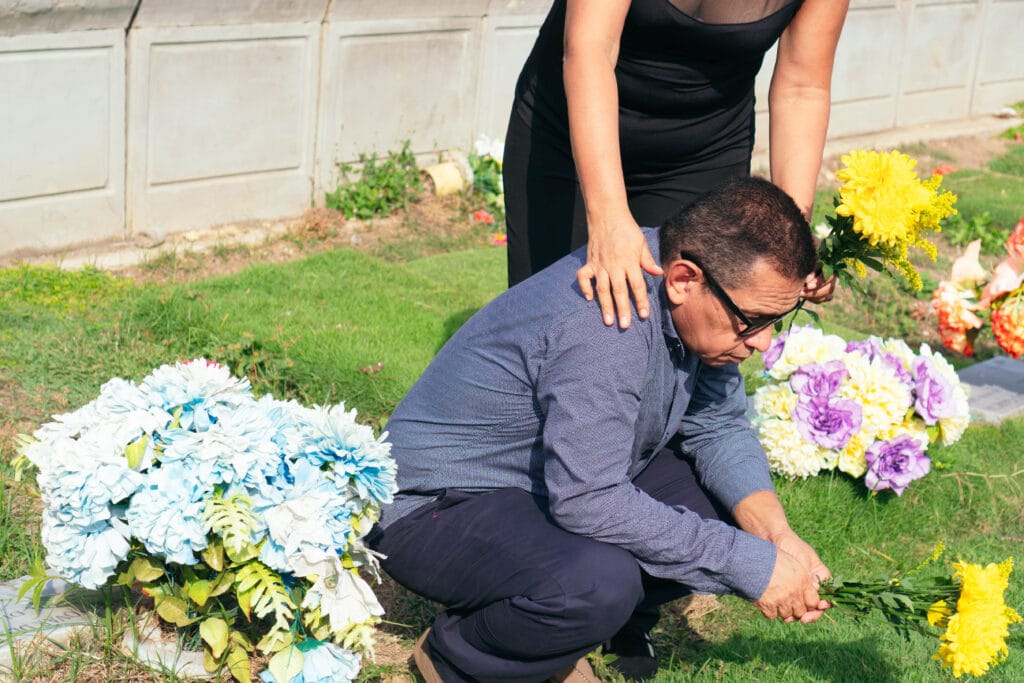By Christopher Cervantes, RFP

FILIPINOS today are hustling harder than ever. With inflation still biting into every paycheck and basic goods like rice and other agricultural products hitting ridiculous prices, it’s easy to feel like we’re always playing catch-up. Social media is filled with side hustle tips, online selling trends, and motivational quotes.
And yet, many still feel stuck, broke, and exhausted. It is because financial growth isn’t just about income. It’s about mindset. What’s holding most people back isn’t a lack of money. It’s the mental models and biases they’ve unknowingly carried for years.
Let’s call it what it is: a broken money system inside our heads. This “system” was formed by what we heard growing up—statements like “we’re not rich,” “money is evil,” “trabaho lang nang trabaho,” or “basta may sweldo, okay na.” These beliefs are not just phrases; they’ve become operating systems. And like an outdated phone software, they crash when faced with modern financial realities.
Right now, Filipinos are working multiple jobs, freelancing online, learning digital skills, and even investing in crypto or stocks. Yet many still end up living paycheck to paycheck. That’s because no amount of hustle can fix a broken financial model. You could earn P100,000 a month and still feel poor if your beliefs about money haven’t changed. You’ll overspend, over-give, self-sabotage, or delay important financial decisions out of fear, guilt, or false pride.
These behaviors are rooted in money biases. One common one is the present bias—valuing now over later. It’s why many still choose to upgrade phones or book that barkada trip instead of building emergency funds. In a world that promotes instant gratification, delaying reward feels like punishment. But that’s exactly what wealth-building requires—patience and strategy, not impulse and pressure.
Another common trap is the scarcity mindset. This shows up when people say, “Wala na ngang natitira, mag-iipon pa?” They see money as something that’s never enough. This bias trains the brain to look for survival, not growth. So even when their income increases, their habits don’t. They still hoard, panic-spend, or avoid investing. Because deep inside, they don’t believe money can stay or grow.
Then there’s the comparison bias, supercharged by social media. Seeing someone post their new condo, car, or vacation instantly triggers that feeling of being left behind. This leads to “revenge spending” or buying things just to feel caught up. We forget that what we see online is often curated—and sometimes, funded by debt. Chasing someone else’s timeline only delays your own progress.
So what’s the way out? It starts with challenging your model. Ask yourself: “Where did my money beliefs come from?” Was it watching your parents struggle? Was it a business failure? A financial betrayal? Recognizing the origin of your beliefs is the first step to rewriting them. Just because your parents lived with debt doesn’t mean you have to. Just because you weren’t taught about investing doesn’t mean you can’t start now.
In today’s climate where P21 per meal is being proposed for “non-poor” households, it’s clear that waiting for the system to change is not a viable plan. We must take ownership of our personal economy. That starts by learning new models—ones that empower instead of limit.
Instead of “trabaho lang nang trabaho,” try “I make my money work for me.” Instead of “di ko afford,” try “how can I afford this wisely?” Instead of “sana all,” try “paano ako?”
Reprogramming your mindset doesn’t happen overnight, but it begins with small steps: tracking your expenses, building a buffer fund, or simply refusing to spend money to impress people you don’t even like. These aren’t just financial moves—they’re acts of mental rebellion against a system that told you wealth wasn’t for people like you.
Financial freedom isn’t just for CEOs, OFWs, or people with inheritance. It’s for the sari-sari store owner who learns how to save. The call center agent who starts investing P1,000 a month. The single mom who teaches her kids how to budget. It’s for the person who chooses to stay informed and intentional—no matter how small the starting point.
You don’t have to be perfect to start. You just have to be fed up with being stuck. This economy may not change overnight, but you can. And when you do, you’ll stop waiting for opportunities and start creating them. Because the greatest financial upgrade isn’t in your income. It’s in your mindset.







